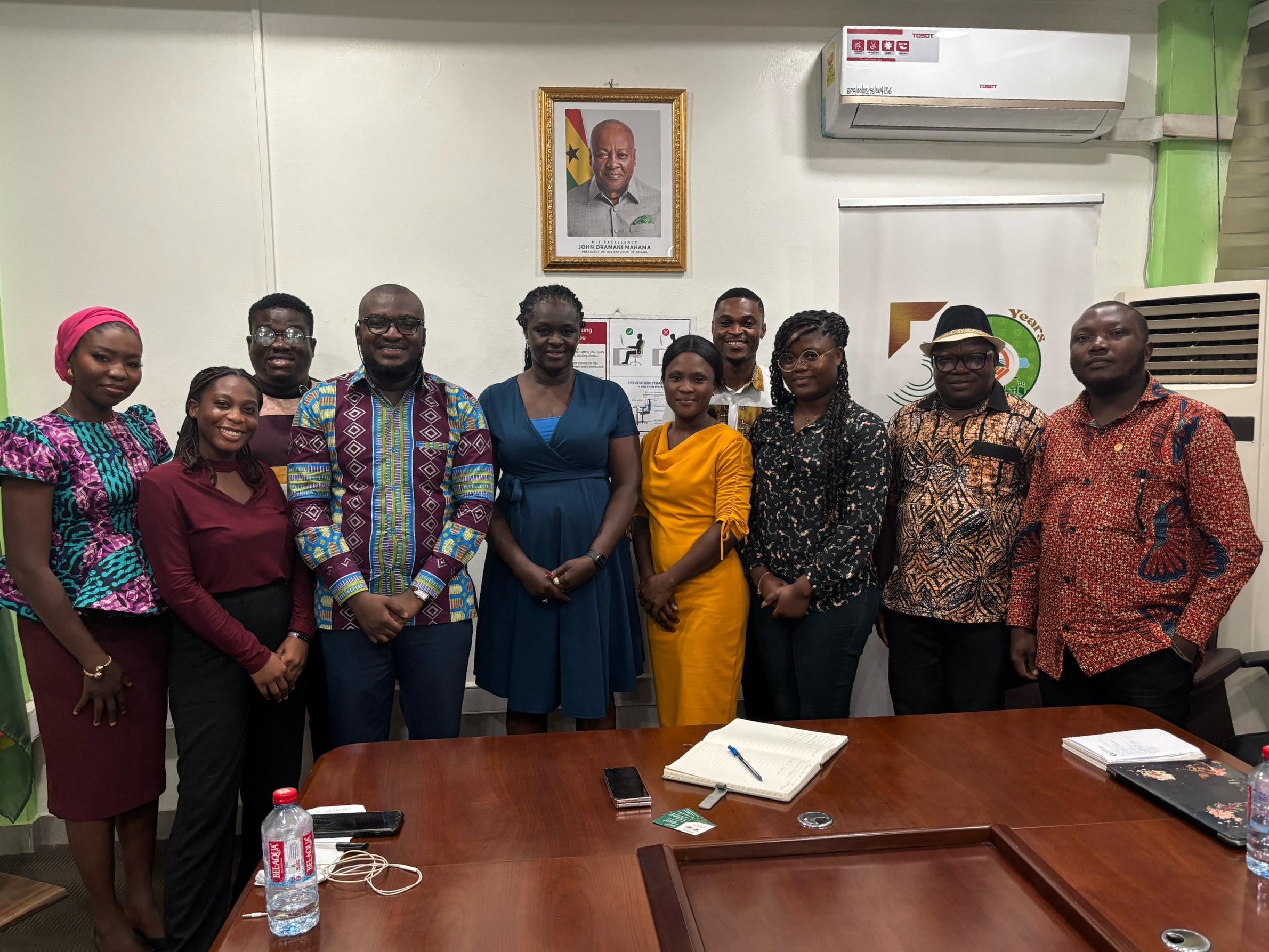Ghana’s food production may drop this year and beyond due to the impact of climate change, Mr Bryan Acheampong, the Minister of Food and Agriculture has indicated.
He explained that the long dry spells, floods and increase in temperature, which were impacting the country’s agriculture sector that was rain-fed, may lead to a one percent to 2.5 percent decline in the sphere’s contribution to gross domestic product.
The Minister disclosed this in a speech read for him by Alhaji Mohammed Hardi Tufeeiru, a Deputy Minister of Agriculture, at the opening of the sub-Saharan knowledge exchange conference, in Accra on Wednesday.
He noted that a decline of about seven percent in food production could lead to food insecurity, poverty, and malnutrition.
The conference was organized by the International Water Management Institute (IWMI) and partners under the theme, “Investing in Farmer-Led Irrigation Development in Sub-Saharan Africa”.
The two-day event is jointly sponsored by the USAID-funded Innovation Lab for Small-Scale Irrigation (ILSSI), the CGIAR Initiative on West and Central African Food Systems Transformation, the World Bank and Water and Energy for Food.
It will also explore strategies for addressing remaining barriers and gaps through new knowledge and investment actions in the next five years.
Mr Acheampong said the climate crisis posed a serious threat and needed to be addressed through a number of initiatives, particularly harnessing the potential of irrigation to cope with the impact of the climate crisis.
He stated that though the government had undertaken a number of programmes to strengthen and boost the sector, more initiatives were needed to address emerging issues, especially the climate crisis.
“This is where we need the continuous support from businesses, development partners, research and academia and other stakeholders to build climate-resilient food system transformation,” he said.
Dr Olufunke Cofie, the Country Representative – Ghana, Regional Representative – West Africa, IWMI, said research and practice had proven that dry season irrigation could more than double the yields of farmers.
She, however, said land under irrigation cultivation in the continent was below 10 per cent and called for the need to take steps to increase it.
“When farmers are adequately empowered with better market access and all other resources their modest investment will result in substantial gains for themselves and other actors on the value chain,” Dr Cofie said.
She called for more investment in farmer-led irrigation systems to build climate resilience for smallholder farmers and transform food systems to support healthy diets.
Mr Lorenzo Carrera, the Sustainable Development Sector Leader, at the World Bank office in Ghana, reiterated that the agricultural sector was highly vulnerable to climate variability and change, as the sector was primarily dependent on rainfall.
He said erratic precipitation patterns had severe consequences for productivity as only two per cent of the country’s irrigation potential was in use.
Mr Carrera said investing in irrigation infrastructure and access to reliable water for agriculture would make a substantial difference in the country’s climate resilience as well as boost production opportunities and livelihoods for smallholder farmers.
Ms Amber Lily Kenny, Feed the Future Coordinator, noted that research and application had shown that there was a high potential for irrigated vegetable production in the country.
She said about 700,000 smallholder farmers in the country were ready to embrace small-scale irrigation over the next 10 years to build resilience to the climate crisis.
SOURCE: GNA



























